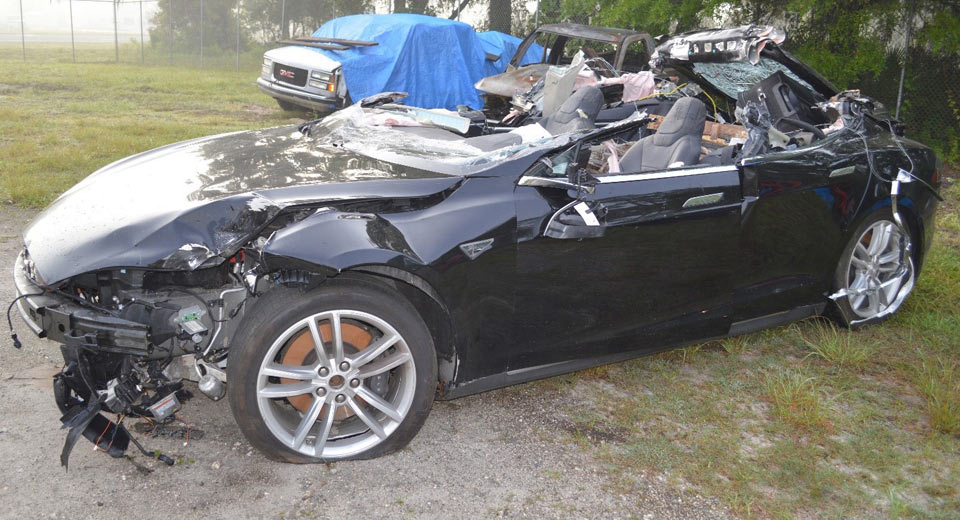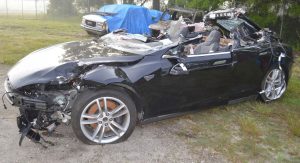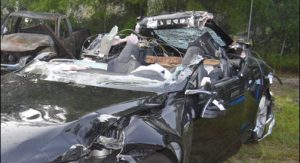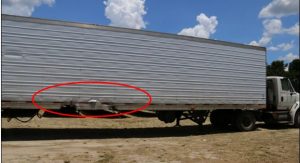The National Transportation Safety Board (NTSB) has concluded that a fatal Tesla crash in 2016 was caused by a lack of Autopilot safeguards, driver inattention and an overreliance on the semi-autonomous driving technology.
The NTSB’s investigation took more than a year and it was determined that Autopilot “played a major role” in the fatal crash involving Joshua Brown. The investigation found that the technology lacks significant safeguards to ensure it is used correctly and that Brown was able to use it on a road where it shouldn’t have been operational.
“System safeguards were lacking,” said NTSB chairman Robert Sumwalt. “Tesla allowed the driver to use the system outside of the environment for which it was designed and the system gave far too much leeway to the driver to divert his attention.”
According to the NTSB, the Autopilot system functioned as intended but failed to ensure the driver paid adequate attention to the road. Blame has also been placed on Brown’s inattentiveness, his overreliance on Tesla’s self-driving aid and a truck driver’s failure to yield for Brown.
In 2016, Brown was killed near Williston, Florida after his Tesla Model S slammed into the side of a truck that pulled out in front of him. It was determined that Autopilot failed to detect the cross traffic and that both Brown and the truck driver had at least 10 seconds to “observe and respond to each other” to avoid a collision.
In response to the NTSB’s conclusions, Tesla said it will continue to ensure owners know that Autopilot isn’t a fully-autonomous system.
“We will also continue to be extremely clear with current and potential customers that Autopilot is not a fully self-driving technology and drivers need to remain attentive at all times,” the company said.
The NTSB has recommended that automakers monitor driver attention in semi-autonomous and autonomous vehicles through more than simple steering-wheel engagement, Reuters reports.






